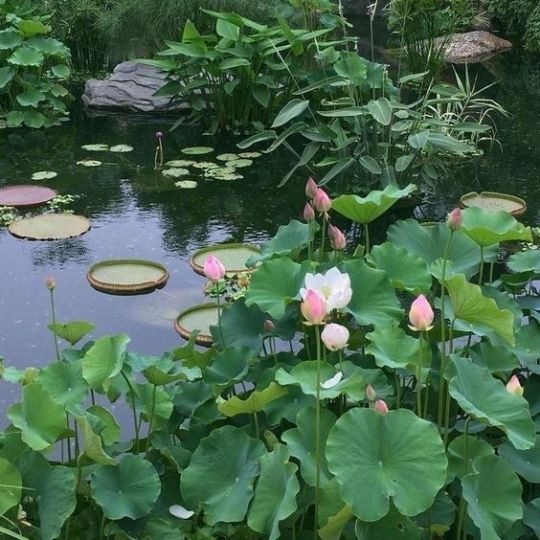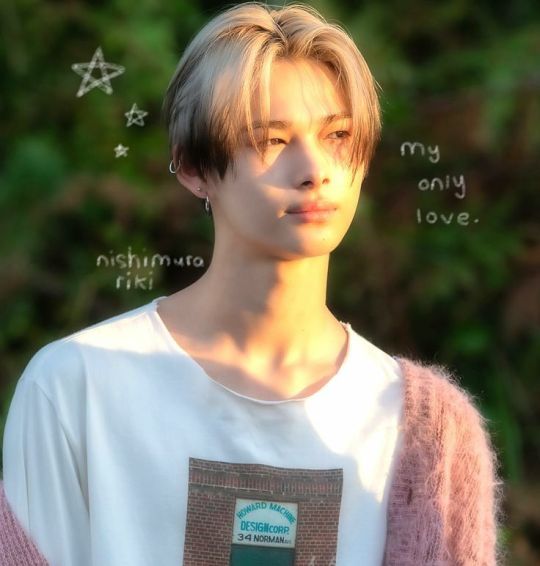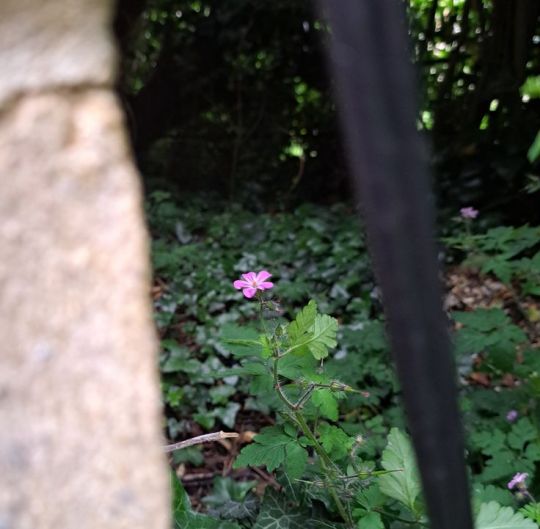#there continues to be nuance etcetera etcetera okay
Explore tagged Tumblr posts
Text
calling male characters women when theye acting pathetic and helpless: gets really weird. examine the things youre saying and implying
calling male characters women when theyre incredibly antagonistic but sooo silly: rad
#posts#there continues to be nuance etcetera etcetera okay#batshit insane ultraviolence can be interpreted as emotional overreacting and not fun womancoding. but i see way too much of the first exam#<- example. sopping wet is fun but it gets weird. i think part of it is people just falling back on stock phrases and they arent thinking#about the connotations and whatnot#or maybe they dont care! but i prefer to believe most ppl are reasonable lol
3 notes
·
View notes
Text
⋆. 𐙚 ˚ Lemon boy ! . . . ( 西村力 )



— pairing: 西村力 x reader — contains: slight angst, fluff — now playing: 一子青葉
Lemon boy - Cavetown . Part 2

"There once was a bittersweet man and they called him Lemon Boy. He was growing in my garden, and I pulled him out by his hair like a weed"
Riki Nishimura.
You were new to school and he was appointed as your guide. You tried to make friends with him but he wasn't very talkative.
Despite that, you were still nice.
You'd see him in class, which was all of them as you guys shared the same itinerary. Every time you spotted his eyes you'd walk over and smile, trying to strike up a conversation, he never had it.
He'd stare at you blankly, and walk away quickly. Not wasting any time to say goodbye.
You thought you got close when he finally replied to your nuance but he only let out a short "Okay" and walked away for what felt like the billionth time
"And like weeds do, he only came and grew back again, so I figured this time, I might as well let him be"
You were curious as to why he was so blank all the time so you followed him through his day. Not in a creepy way, he knew you were there, but he didn't tell you to leave so you continued.
The whole day he didn't speak to anyone.
He ate alone, walked to class alone, and studied in the library alone. Never once did you see him talk to a friend.
-
The next day you asked around.
"He doesn't have any friends."
"He's weird..."
"He never talks, it freaks me out"
"All I know is he's an asshole"
Mixed with
"Leave him alone, it's a waste of time trying to be friends with him."
"Why are you talking to him anyway?"
The weirdest was when a girl said "Don't talk to him...You'll be cursed for eternity." and walked away laughing.
Intrigued you followed him again the next day.
Not once did he bully anyone like everyone made you think. He didn't even look up from the ground most of the time.
You got tired of all the same replies people were giving you, not even actual intel on him, just insults and bad-mouthing. Until one girl told you to ask an old friend of his, Jake Sim.
You met him in his algebra class, which you conveniently shared with him. "Jake!" He looked at you with surprise, probably because a stranger knew his name, but you didn't let him ask questions before you started interrogating him.
The questions went on for about a minute before he got a chance to answer, but luckily he answered them without questioning why you wanted to know. Because that would've been another long minute.
"Uhhhhhh, it's confusing. He was being bullied for a while" He paused "Not like serious bullying but they told him he was annoying, talked too much, etcetera. You get the drill"
You frowned at him
"Well, why aren't you guys friends anymore?"
He sighed and looked away kinda guilty-like "He turned like... bitter. You know? I know it's not his fault but it got hard to be around him. Almost sour like a lemon" Jake mumbled the last part and looked down at his paper, only to look back up at you and see a scowl on your face, "like a lemon?"
"yeah, lemon boy. That's what everyone calls him"
You were thankful for the info but annoyed so you left without saying bye, grimacing at him on your way out
"Weird..." Jake thought
"Lemon Boy and me started to get along together"
You weren't going to let the mean things people said, or the warnings they advised, stop you from trying to be his friend.
He wasn't mean to you, if he was that would be a different story, but he's not. So you persevered
You continued to talk to him in every class, his chair being right behind yours made it easy. You'd talk his ear off during break and even started sitting at lunch with him.
The first day you did, you had seen him sitting alone at a table in the far back, right by the doors. You had sat in front of him, he looked up at you as you started talking.
This time he didn't get up and walk away (Though you wondered if it was just cause he was too hungry to walk away from his food), but rather he just sat there. He wasn't necessarily acknowledging you but he wasn't ignoring you either. He'd occasionally look up at you then go back to eating his food which was good enough for you.
"I helped him plant his seeds and we'd mow the lawn in bad weather"
At the end of the day, walking in the halls, you overheard the English teacher lecturing Riki about his dropping grade.
Telling him to either work harder or get a tutor. Even the teachers were mean to him.
It wasn't that Riki wasn't trying, nor was he dumb. Literature just wasn't his strong suit, and that's where you came in.
You barged into the room, happy and energetic as always.
The teacher pointed to you "Ah, here. She's doing wonderfully, why don't you have her tutor you?" You looked at Riki and smiled. The plan is going perfectly.
Riki on the other hand looked at you, then the teacher, then the ground, and walked out past you. The teacher glared at him and shook her head, looking back at her paper.
You simply just shut the door and followed Riki, like you had been for the past 2 weeks now. "I really don't mind tutoring you by the way! I love English" You ended it with a sweet chuckle
Riki just looked at you, took a deep breath in, and nodded.
He continued walking and you continued following him, assuming you were going to the library to study.
You were right, and when you got there Riki took a chair in the far back of the library, not without a few stares as he walked through.
Sitting down with him you didn't want to waste time.
You pulled your books out and started. English was your favorite subject so you were very excited which made you talk even faster then usual.
Riki's mouth slightly agape he muttered quietly, "Slow down please.." He looked up at you, "Just a little" he said even more muttered than the first sentence.
You, shocked at hearing his voice for the first time, sat there with your mouth open. It made him nervous so he looked down at his book and started flipping to the page you were on.
He let out a little "sorry." which you quickly said was okay, and told him not to apologize to which he nodded.
It was nice hearing his voice, kind of deep, and super quiet. It was clear he was shy cause it was a little shaky but you thought his voice was cute so you took what you could get.
He didn't say anything for the rest of the session, simply just nodding and letting out a small "Oh" here and there.
7pm, when you guys were finally done, you asked "Next week after school?" as you grabbed your bag and gave him a smile.
"mm," he replied, nodding.
You gave him one last smile and wished him goodnight.
"Goodnight Riki"
If only you had stayed for a moment longer, you would've seen the slight smile that made its way to Riki's face.
"It's actually pretty easy being nice to a bitter boy like him"
The weekly tutoring sessions continued, and so did talking to him in class all day, so did sitting with him at lunch, and so did following him around school.
You even started sitting right next to him at lunch, rather then sitting across from him.
It made him nervous at first but eventually, he started scooting closer to you.
Rather than just looking back between you and his food, he started reacting
"But it was so annoying cause he was like "It's my house if I want to eat the ice cream, then I can eat the ice cream" but man I bought it" You complained before stuffing a spoonful of rice in your mouth, not expecting Riki to reply at all but he let out a small laugh
It was the cutest thing you ever heard.
It was soft but real. Not some fake laugh, he seemed genuinely kind of happy.
You smiled at him but looked away when he looked back at you and finished your story.
Riki started replying to all the little stories you told him.
Whether it was his adorable little laughs or small "yeah?"'s, he was warming up.
"So I got myself a citrus friend"
Riki started talking first.
Poking your back in class to tell you a dumb joke, giving you little notes, telling his own little stories, ranting about his weekend.
At one point he even asked if you wanted to walk home with him.
You smiled big and loudly said yes, to which he replied with a laugh and said okay.
From that point on you guys started walking to and from school together every day, you spent all day at school together and you even started hanging out after school. You were completely inseparable at this point.
He was the sweetest person ever, he was kind, caring, gentle, and he had the cutest smile ever.
You didn't understand how people could hate such a sweet boy, but you were glad this lemon boy was your friend.

@ featki
#enhypen#enhypen niki#enhypen riki#nishimura riki#niki#niki x reader#nishimura x reader#riki x reader#riki nishimura x reader#taiyaakii ⭑.���
201 notes
·
View notes